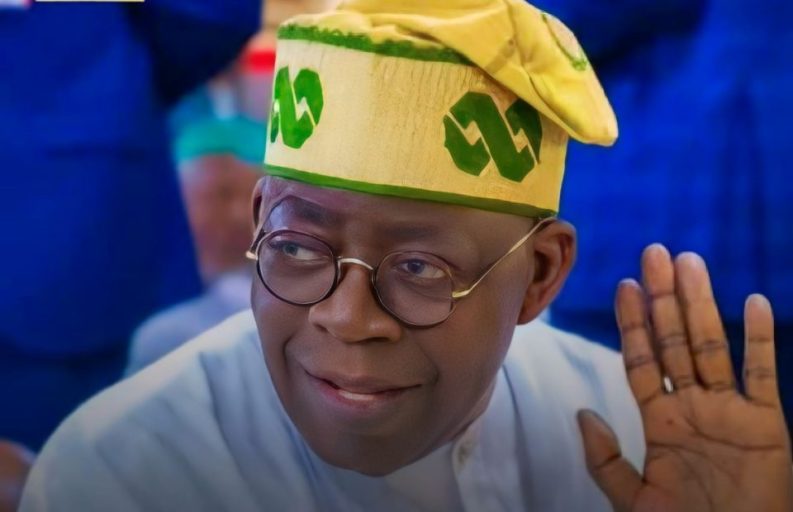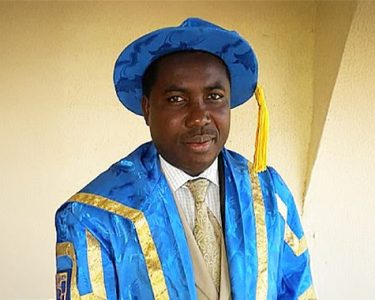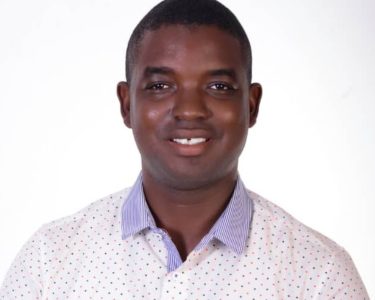As President Bola Ahmed Tinubu crosses the halfway mark of his four-year mandate, Nigeria finds itself at a familiar but frustrating intersection between the promise of reform and the reality of hardship.
When Tinubu declared, “Subsidy is gone,” during his inauguration speech in May 2023, it was more than a policy decision it was a line in the sand. The fuel subsidy, long described as an economic cancer, was removed in one sweep. In theory, it was a masterstroke for fiscal reform. In reality, it threw millions into a struggle for survival.
Since then, the ripple effects have shaken every corner of Nigerian life. Transportation costs have more than doubled, food prices have skyrocketed, and inflation has crept toward dangerous highs. The naira, despite promises of stabilization through exchange rate unification, has continued to fall, leaving ordinary Nigerians poorer by the day.
What’s Working?
To his credit, Tinubu’s administration has taken meaningful steps in areas of infrastructure and public health. Over 500 kilometers of roads have been constructed or refurbished. The Renewed Hope Health Initiative is setting up thousands of primary health centers across Nigeria an effort that could improve rural healthcare access in the long term.
In foreign policy, Nigeria is slowly regaining its influence on the continent. Tinubu’s role as ECOWAS chair has positioned him as a key player in West African diplomacy, even if results remain limited.
Security Still Slipping
On security, however, the story remains dire. Banditry, kidnapping, and communal clashes have continued to plague the North and parts of the South. Despite renewed military deployments, the government’s response often feels reactive rather than strategic. For a president who promised to “secure the lives and property of every Nigerian,” this remains a critical area of underperformance.
Voices from the Ground
Public sentiment paints a sobering picture. A recent poll revealed that over 80% of Nigerians believe the country is headed in the wrong direction. Discontent is growing not just among the opposition but within Tinubu’s traditional support base. The question on many lips is simple: Did we trade one struggle for another?
Midterm Verdict: A Mixed Bag
Tinubu’s midterm report card reflects a presidency that is willing to act but often without adequate planning for impact. His vision for a market led economy is clear, but so far, Nigerians are seeing the pain before the gain. Reforms, no matter how noble in intent, mean little when stomachs are empty and hope is distant.
What Next?
As the administration steps into its third year, it must pivot from top-down economic theory to bottom-up relief. It must invest in palliatives that actually reach the people, revamp security architecture with urgency, and most of all, listen not to technocrats alone, but to the market women, the civil servants, and the unemployed youth crying for help.
Mr. President, your second half could define your legacy. The clock is ticking. And Nigeria is watching.




